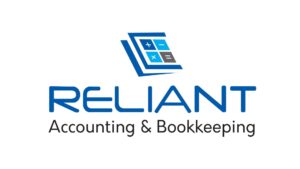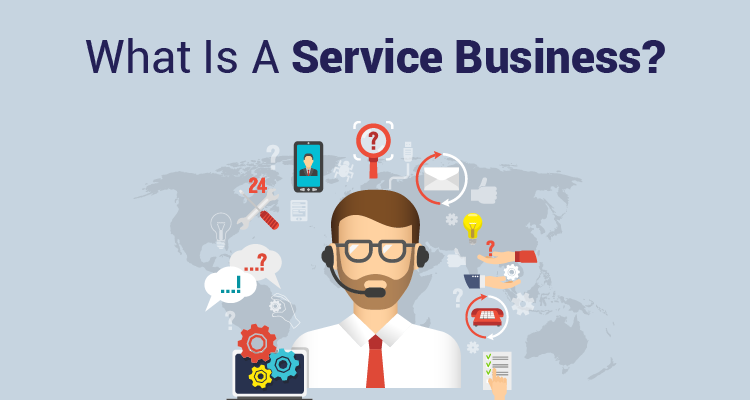Reliant Accounting Services: Where Your Financial Success is Our Priority

Managing your business finances shouldn’t feel like a burden—it should feel like an opportunity for growth. At Reliant Accounting Services, we believe in making accounting not just a task but a crucial part of your business strategy. If you’re tired of scrambling with numbers, dealing with tax stress, or just want some clarity around your finances, we’ve got you covered.
Let’s dive into why we are the team you can trust for all things accounting.
Who We Are
At Reliant Accounting Services, we specialize in helping businesses—from startups to established enterprises—manage their finances effectively and accurately. We’re a team of certified accountants who understand the ins and outs of business accounting. What sets us apart is our ability to make complex financial matters easy to understand and tailored specifically for your business needs.
Whether you’re struggling with tax season, need consistent bookkeeping, or want to optimize your financial processes, we’re here for you every step of the way.
What We Do: Our Services
We’re not just number crunchers; we’re your partners in financial success. Here’s a look at the services we offer:
1. Bookkeeping: Keeping Your Books Clean and Clear
You don’t have time to track every receipt, invoice, or payment. That’s where we come in. We provide full-scale bookkeeping services to ensure your records are always up-to-date and accurate. Whether it’s managing accounts payable and receivable, reconciling bank statements, or generating reports, we do it all.
2. Tax Services: Stress-Free Tax Prep & Planning
Tax season doesn’t have to be stressful! With Reliant Accounting Services, you get proactive tax planning and expert preparation that keeps you compliant while minimizing your tax liability. We’ll help you navigate tax deductions, credits, and strategies that best suit your business.
3. Payroll: One Less Thing to Worry About
We get it—payroll can be a hassle. From calculating salaries to ensuring tax withholdings are accurate, we take the stress out of payroll processing. Our team makes sure your employees are paid on time, every time, with the right deductions.
4. Financial Statements: Know Where You Stand
Whether you’re seeking a loan, trying to attract investors, or simply want a clear picture of your business’s financial health, our detailed financial statement services are exactly what you need. We’ll prepare your balance sheets, income statements, and cash flow reports, so you can make better-informed business decisions.
5. Business Consulting: Helping You Grow and Thrive
You don’t need to navigate your business challenges alone. Our consulting services give you access to expert financial advice, from budgeting and forecasting to cost management and financial strategy. We’ll work with you to improve profitability and plan for long-term success.
Why Choose Reliant Accounting Services?

1. Personalized Service
We take the time to get to know your business, your challenges, and your goals. Our services aren’t one-size-fits-all. We provide customized solutions to fit your unique needs and help you achieve your financial goals.
2. Expertise You Can Count On
With years of experience in the industry, our team is well-versed in the latest tax laws, financial regulations, and accounting software. We’re committed to offering you the best advice and ensuring your business stays on track.
3. Transparency and Accuracy
We believe in clear communication and no surprises. From invoicing to reporting, we keep everything transparent, accurate, and easy to understand. We’ll never leave you in the dark about your financials.
4. More Time for You
By outsourcing your accounting needs to us, you free up your valuable time to focus on growing your business. We handle the numbers so you can focus on what you do best—running your company.
What Sets Us Apart?
Our commitment to your success. At Reliant Accounting Services, we don’t just care about balancing your books; we care about helping your business thrive. We’re here to make your financial world simpler, more efficient, and much less stressful.
We also believe in building long-term relationships. You’re not just a client to us; you’re a partner. Your success is our success, and we’ll be with you every step of the way to ensure you meet your financial goals.
Ready to Get Started?
If you’re ready to take the stress out of managing your finances and focus on what really matters—growing your business—Reliant Accounting Services is here for you. Contact us today to schedule a consultation and let’s talk about how we can help you thrive



























